|
As Children on the Edge work with partners to respond to the needs of Ukrainian refugees arriving in Romania, we have found ourselves going back to our roots; now working with Ukrainian refugee children without parental care, living in state run institutions. Children on the Edge are currently supporting partner organisations on the ground in Romania as they respond to the influx of refugees fleeing the conflict in Ukraine. When we heard about a group of children without parental care in Romania, who fled an orphanage in Dnipro after it was bombed, we knew we were well placed to support them. They arrived with 9 staff members and are now being homed at a bright and colourful orphanage in Iasi. The relevant authorities in Romania are involved in their care and we are working closely with them to ensure the children here are looked after properly and supported with any additional needs they have. We are funding two psychologists who are working with the children to offer the support they need. Children on the Edge have a long history of supporting children growing up in these kind of institutions; who are without parental care and often in need of a great deal of psychosocial support. We began working in Romania in 1990, when the full extent of the orphanage crisis was exposed to the world after the fall of the brutal Ceaușescu regime in 1989.
WHAT WAS THE ORPHANAGE CRISIS?
WHAT DID CHILDREN ON THE EDGE DO?
CONFLICT IN UKRAINEAs the 2022 Russian invasion of Ukraine causes millions to flee from their homes; we have gone back to our roots in Eastern Europe. Our relationships with former partner organisations in the region remain strong to this day and we are supporting them as they respond to the crisis on the ground, which is changing rapidly each day. Through our Ukraine Appeal, we are helping to provide accommodation, food and clothing for refugees, and now longer term support for those staying in Moldova and Romania. We are ensuring that our partners have the resources to quickly identify and respond to the needs of Ukrainian refugees as they arise, and supporting them to cover the naturally emerging gaps left by the larger international aid effort, especially as the conflict continues and donations and generosity wane. REFUGEE CHILDREN WITHOUT PARENTAL CAREWhilst the Romanian care system has now vastly improved, Save the Children estimates that in Ukraine, there are still an estimated 100,000 children living in orphanages and institutions. The country has one of the highest rates of institutional care in Europe, with about 1.3% of all children living in some form of residential care facility. In March over 200 children fled their state institution in Ukraine after it was bombed, crossing the border into Romania with their carers and staff. Our partners were on hand to help ensure these children were housed and supported properly, working closely with the Child Protection Department to move them to be cared for in centres within Romania and beyond. There are now 44 children left in Romania, being housed at a centre in the Iasi region. The children are slowly being integrated into local schools, but they don’t speak the language, and have already missed out on two years of learning as children living in institutions in Ukraine were not given opportunities to learn online during the pandemic. The children have recently been to the theatre and are attending a local adventure centre; these have been offered for free by generous local businesses, but this support may dry up and the months go on, so we will need to be ready to step in and ensure the children continue to have opportunities like this. Through all our work with children and communities around the world, we treat people with dignity and respect, ensuring they have not only the basic things needed for survival, but can enjoy the things that bring hope, life, colour and fun. Read more about our approach and values. With our long history of working with children without parental care, in Romania, we truly have gone back to our roots. In the coming months, together with our partners we will be using this experience and expertise to support these children in the best way we can, focusing on their wellbeing and providing them with much needed psychosocial support.
Support usComments are closed.
|
RECEIVE OUR EMAILSBlog Categories
All
Archives
July 2024
|
|
JOIN US ON SOCIAL MEDIA
|
Annual Report | Contact Us | Jobs | Media Centre | Resources | Shop
Accessibility & Policies: Accessibility | Equity, Diversity & Inclusion Policy | Complaints| Privacy Policy | Safeguarding
Accessibility & Policies: Accessibility | Equity, Diversity & Inclusion Policy | Complaints| Privacy Policy | Safeguarding
Children on the Edge, 5 The Victoria, 25 St Pancras, Chichester, West Sussex, PO19 7LT, UK | 01243 538530 | [email protected]


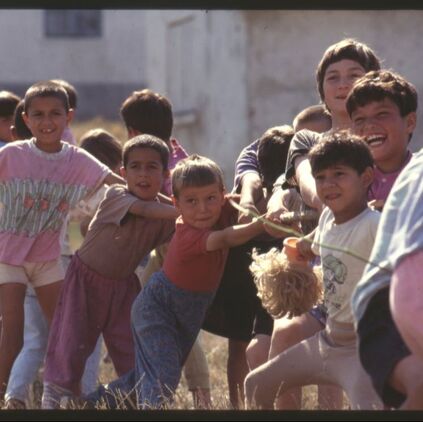
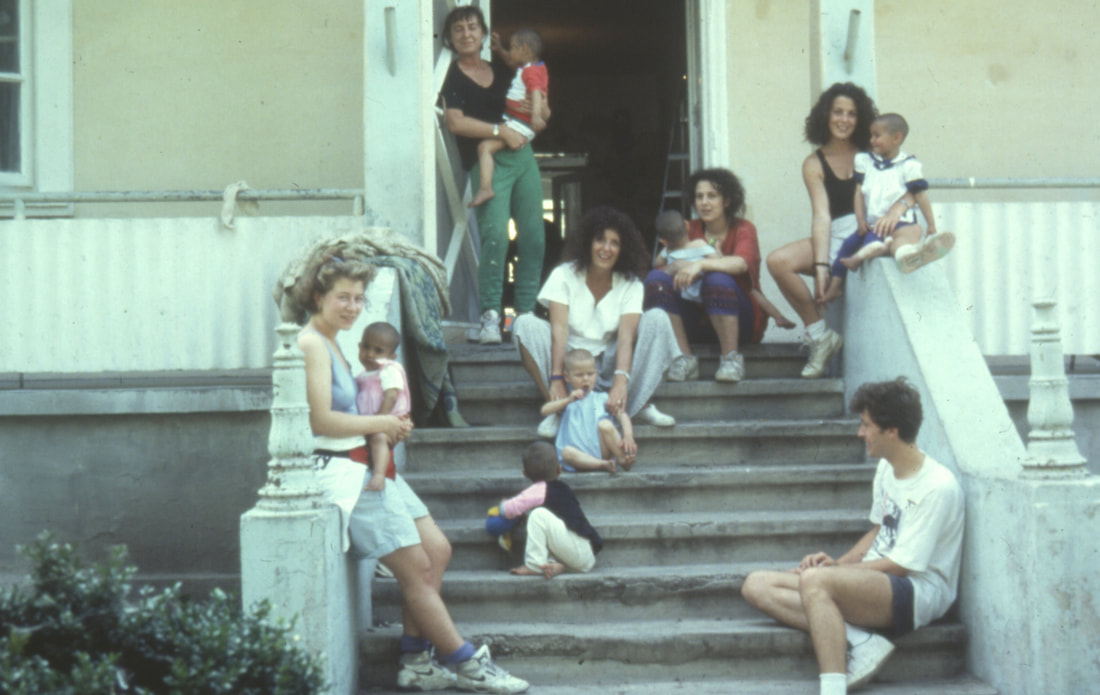
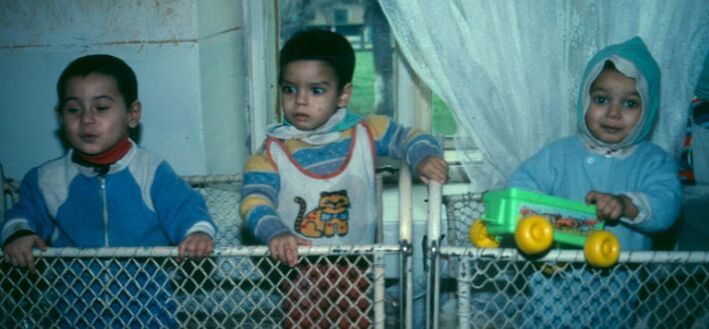
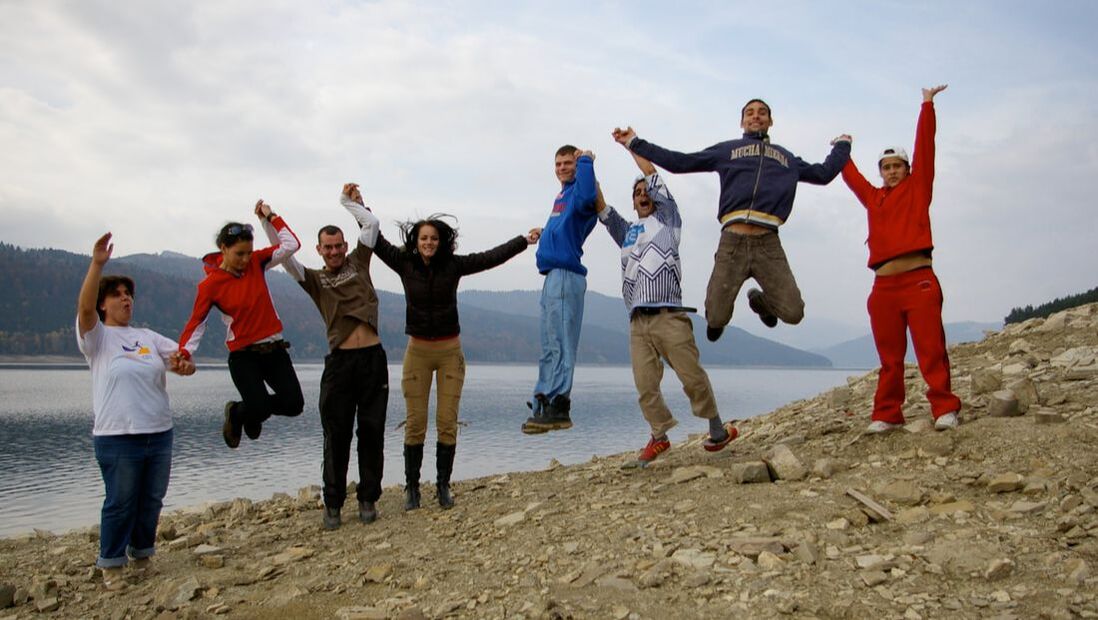
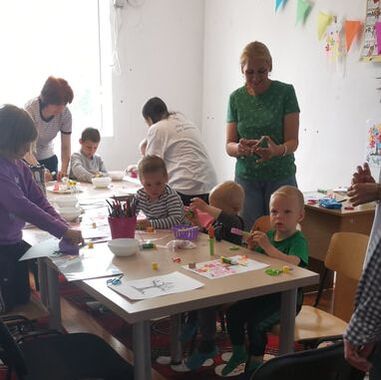
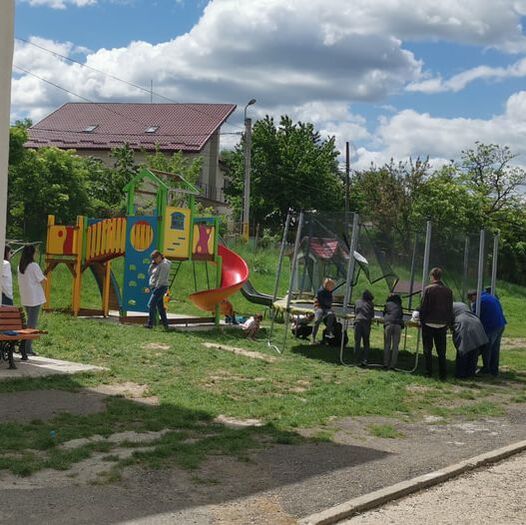
 Give monthly
Give monthly Fundraise for us
Fundraise for us RSS Feed
RSS Feed
